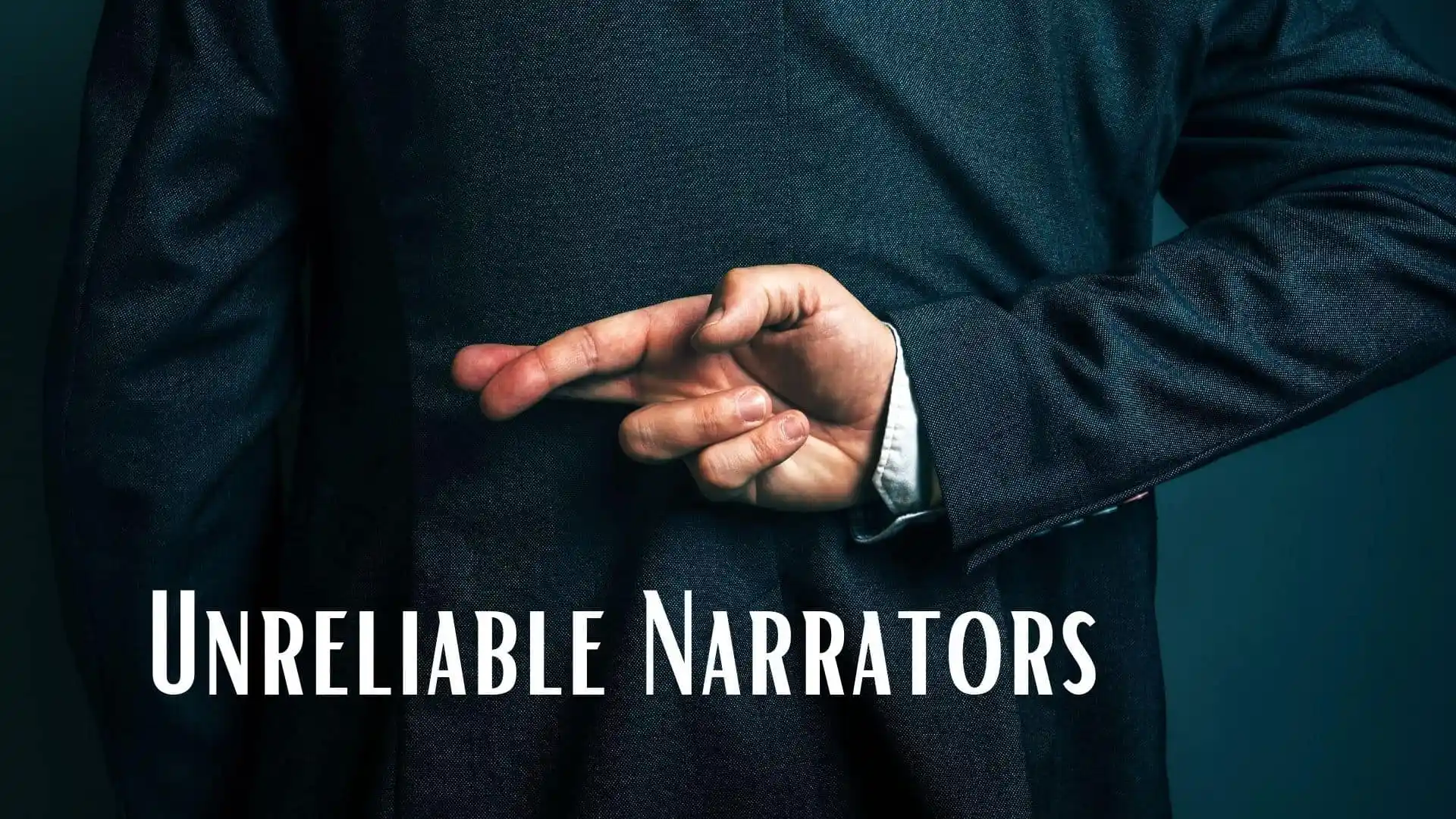In the realm of novel storytelling techniques, the use of unreliable narrators has emerged as a powerful device to deepen narrative complexity and engage readers on a psychological level. An unreliable narrator is a character who tells the story but whose credibility is compromised—due to mental instability, bias, or intentional deceit. This technique forces readers to become active participants in the story, questioning the truth and interpreting events beyond face value.
This method has gained prominence in modern literature with works like Gone Girl by Gillian Flynn or The Girl on the Train by Paula Hawkins. These novels challenge the reader’s trust, presenting shifting perspectives and revealing crucial details only when the author intends. This gradual uncovering of truth creates a layered, suspenseful experience that keeps audiences hooked until the final page. It also mirrors real-life complexities, where truth is subjective and multifaceted.
Unreliable narration not only enhances suspense but also deepens character development. Readers are invited to explore the psychology of the narrator—what drives their distortions, what truths they fear or hide. As storytelling evolves in the digital age, where perception and truth often collide, this technique continues to resonate strongly, making fiction more immersive and intellectually stimulating.




